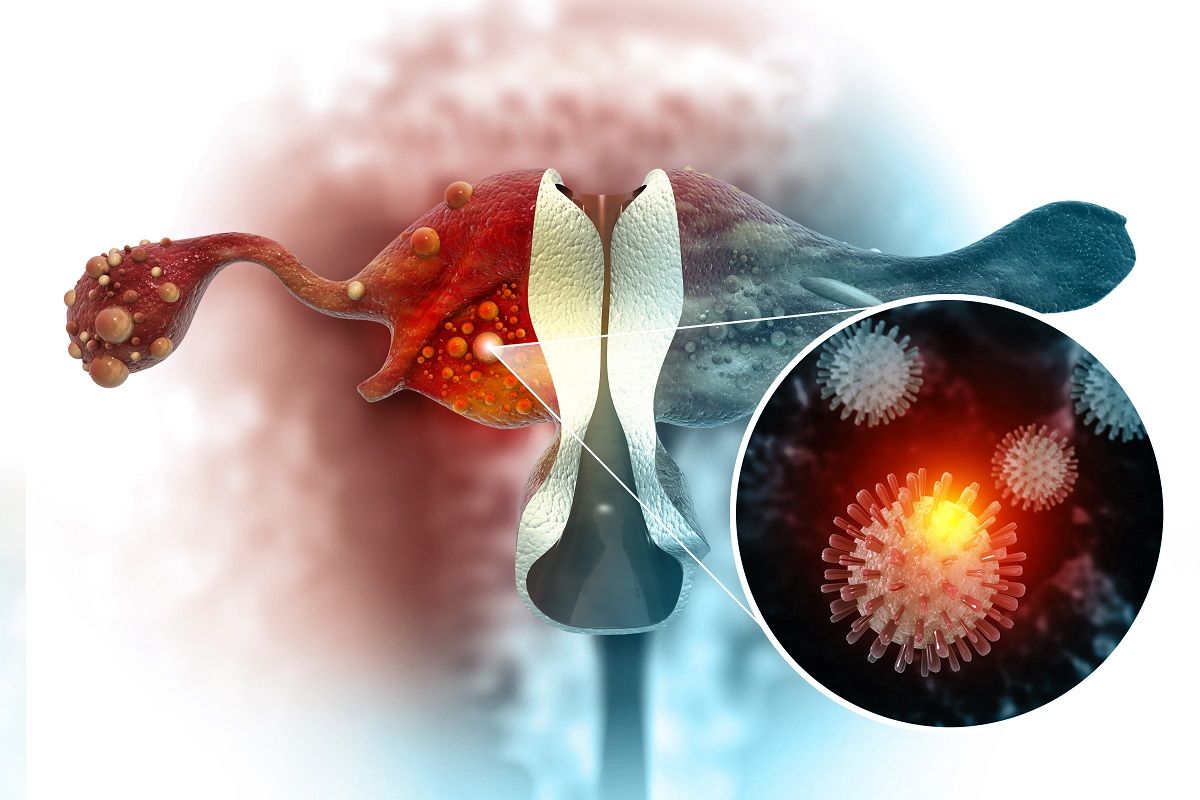KEY TAKEAWAYS
- The study aimed to assess the efficacy and safety of pembrolizumab in treating advanced or recurrent cervical cancer.
- Pembrolizumab is effective and well-tolerated, with the potential for optimized combination therapies.
Cervical cancer ranks as the fourth most prevalent malignancy in women, with persistent human papillomavirus (HPV) infection identified as a leading cause. Research shows that almost 90% of cases occur in low- and middle-income countries.
Xue Zhang and the team aimed to evaluate the efficacy and safety of pembrolizumab in treating individuals with advanced or recurrent cervical cancer.
Researchers searched PubMed, Embase, and the Cochrane Library for relevant studies. They focused on outcomes like a complete response (CR), partial response (PR), stable disease (SD), disease progression (PD), overall response rate (ORR), disease control rate (DCR), median progression-free survival (mPFS), median overall survival (mOS), and adverse events (AEs).
These outcomes were collected for further analysis, ensuring a comprehensive evaluation of pembrolizumab’s impact on advanced or recurrent cervical cancer.
The results indicated that 10 trials involving 721 patients with cervical cancer treated with pembrolizumab were reviewed. The pooled results showed a CR of 0.06 (95% CI: 0.02-0.10), PR of 0.15 (95% CI: 0.08-0.22), SD of 0.16 (95% CI: 0.13-0.20), PD of 0.50 (95% CI: 0.25-0.75), ORR of 0.26 (95% CI: 0.11-0.41), and DCR of 0.42 (95% CI: 0.13-0.71). The mPFS was 3.81 months, and the mOS was 10.15 months.
Pembrolizumab combination therapy was more effective than single-agent use in CR (0.16 vs. 0.03, P=0.012), PR (0.24 vs. 0.08, P=0.032), SD (0.11 vs. 0.19, P=0.043), ORR (0.42 vs. 0.11, P=0.014), and mPFS (5.54 months vs. 2.27 months, P<0.001). The most common side effects were diarrhea (0.25), anemia (0.25), and nausea (0.21), and the incidence of grade 3-5 AEs was significantly lower, rarely surpassing 0.10.
The study concluded that pembrolizumab shows favorable efficacy and tolerability in advanced or recurrent cervical cancer. Future research should focus on optimizing combination therapies to enhance patient outcomes while minimizing AEs and preserving quality of life (QoL).
The study was funded by the Medical and Health Science and Technology Research Program of Zhejiang Province.
Source: https://pubmed.ncbi.nlm.nih.gov/39150330/
Zhang X, Yin W J, Zhang A L, et al. (2024). “Meta-analysis of efficacy and safety of pembrolizumab for the treatment of advanced or recurrent cervical cancer.” Journal of obstetrics and gynecology: the Institute of Obstetrics and Gynaecology journal, 44(1), 2390564. https://doi.org/10.1080/01443615.2024.2390564



